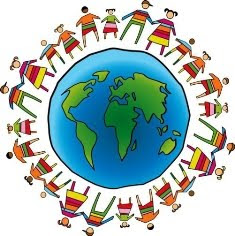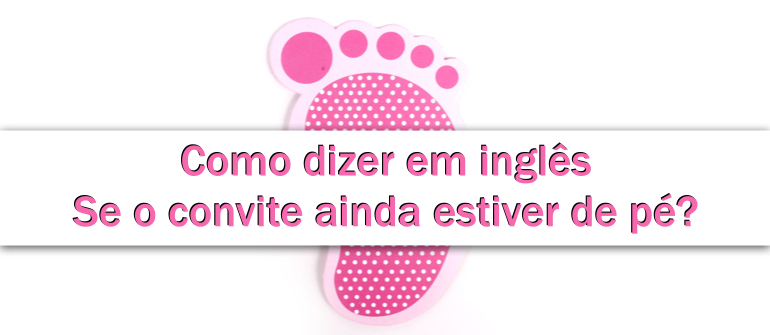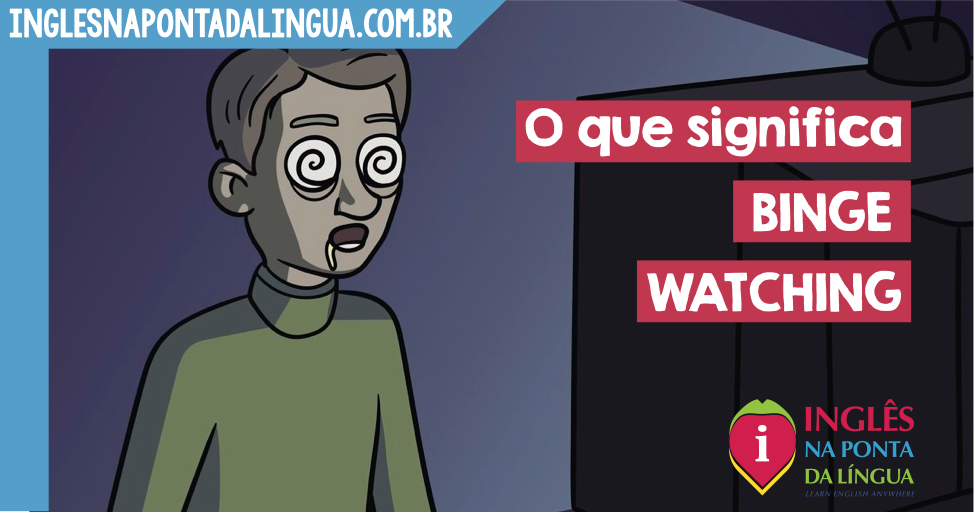Children’s Day Around the World
Children’s Day is celebrated on different days in many places around the world. As all of you may know, Children’s Day is a day to honor children. Here in Brazil, Children’s Day is celebrated on October 12th, which coincides with Our Lady of Aparecida’s day, Brazil’s Patron Saint. That’s why it is also a national holiday.In the United States there’s no official day to celebrate Children’s Day. However, they usually celebrate it before Mother’s and Father’s Day. So, in 2011, Children’s Day in the US was observed on June 12th and next year – 2012 – it’ll be observed on June 10th. So, it may become a tradition to have it usually in June.
 In Canada, they have the National Child Day, which is observed on November 20th. This is the same day that the United Nations recommends countries to observe the Universal Children’s Day.
In Canada, they have the National Child Day, which is observed on November 20th. This is the same day that the United Nations recommends countries to observe the Universal Children’s Day.
The United Kingdom (England, Scotland, Wales and Northern Ireland) has no national children’s day. Interestingly, there’s a coalition of 12 organizations calling people’s attention to this fact. They are mobilizing supporters to the cause. Their intention is to have November 20th proclaimed as the National Children’s Day in the UK.
The second Sunday in July is the day Australians celebrate their Children’s Day. The funny thing in Australia is that Children’s Day is a registered trademark. In New Zealand, Children’s Day is celebrated on the first Sunday in March.
As you can see, each country has a national day to honor children. Brazil was the first country to have a children’s day. We have been observing children’s day since 1920. Originally, the day was just a day to honor children. But, thanks to Brinquedos Estrela, a toy manufacturer in Brazil, and Johnson & Johnson the date changed to a commercial thing.
In 1960, these two companies started a campaign to sell more toys. Other toy manufacturers liked the idea and, as a consequence, business people in the sector had a meeting and decided to have October 12th as the Children’s Day in Brazil, the same date originally proposed in 1920 by congressman Galdino do Valle Filho.
This is a bit of information about Children’s Day in Brazil and around the world. How much of this text could you understand? Was there anything that you could comprehend? Tell me about it on the comment area. Your opinion will be much welcome. Have a wonderful Children’s Day.








hello, DenilsonI liked so much his text in honor to children, I understood everything, just I didn't understand some expressions that you wrote. For example: – We have been observing children’s day since 1920.Well, I never heard this expression used observing, but the correct it wouldn't be use Celebrated?I ask apologize, but is I am learning English little over ten months and still there are several doubts in my mind, but even so I enjoyed so much of his text.
My comprehension was great. Thanks a lot for making available this excellent text!!
I could comprehend everything. It's a nice and well-written text, Denilso.
It is an interesting post! I could understand almost all of it. Initially,I had a doubt about the meaning of this sentence: "This is the same day that the United Nations recommends countries to observe the Universal Children’s Day." The word "observe" (used a few times) made me confuse, but I figured that out by looking into meaning of the text.I think I never saw this word meaning "celebrate something". Tks for the post.
Great text!!!
Hello guys, thanks for your words here. I'll take the time just to say something about the word "observe" used in the text.According to some major dictionaries of the English language, "observe" has a lot of meanings.In a formal context, which is kind of the idea above, "observe" is being used in the sense of "celebrate festivals, birthdays, etc." (Oxford Advanced Learner's Dictionary). In the Merrian Webster Online, the third acceptation for "observe" read, "to celebrate or solemnize (as a ceremony or festival) in a customary or accepted way".So, as you can see, the use of the word "observe" in the text is correct and it shows how a common word (a cognate) has other uses in English. Take care you all, and have a great holiday.
Yeah! I could understand all the text!
Very informative and interesting post! And I loved to know about the other way to say "celebrate". Thumbs up!
Hello DenilsoI could understand everything.. Thank you for the information.
Gostei muito estou aprendendo english só e são poucas as palavras que não entendi, mas não consigo escrever ainda em English…abraço
Sou capaz de ler inglês com facilidade. Entendi todo o seu texto, mas nunca estudei inglês pra valer, a não ser aquele pouquinho presente nos cursos oficiais, aprendi aos poucos lendo no dia-a-dia.Pena que nunca tive a oportunidade de praticar, então não sei escrever nem falar. Apenas consigo compreender um pouco quando ouço na televisão. Estou aprendendo muito com você.Parabéns por todo seu trabalho.Pedro
the text is great.thanks.
Hello Denilson! I descovered your blog today, when I was searching about to use in, on and at. Your blog is very nice! Congratulations!